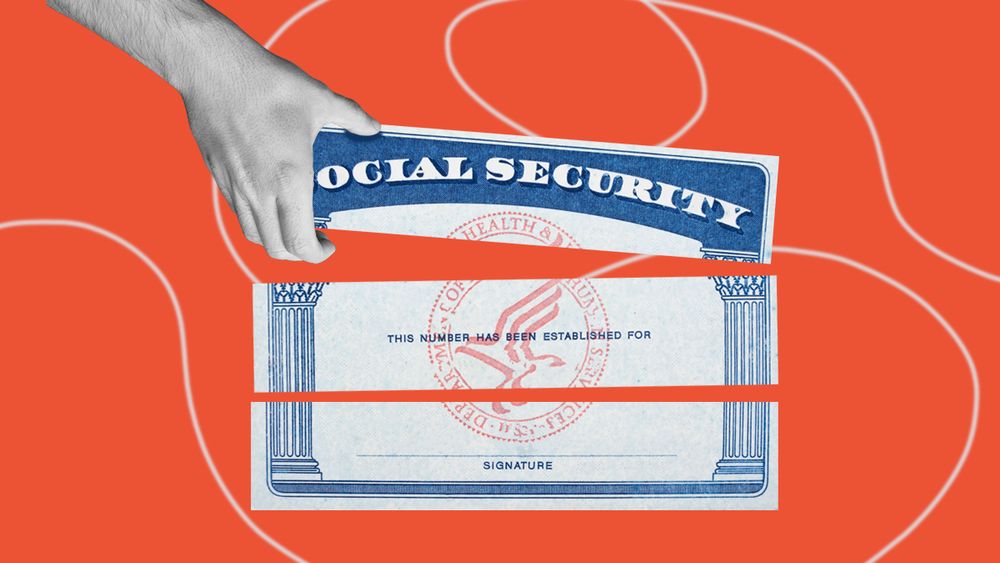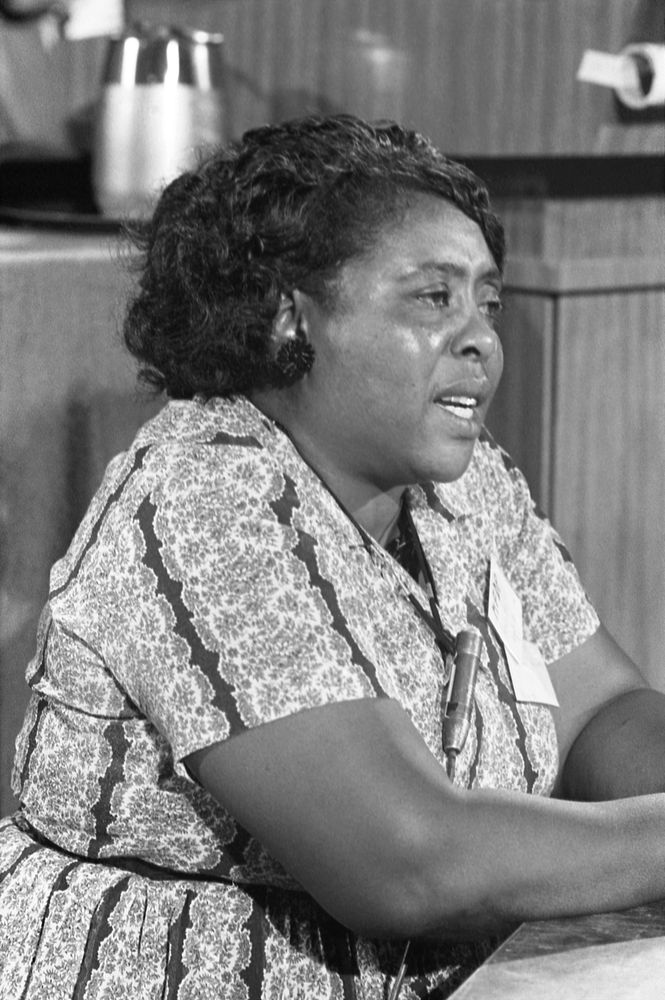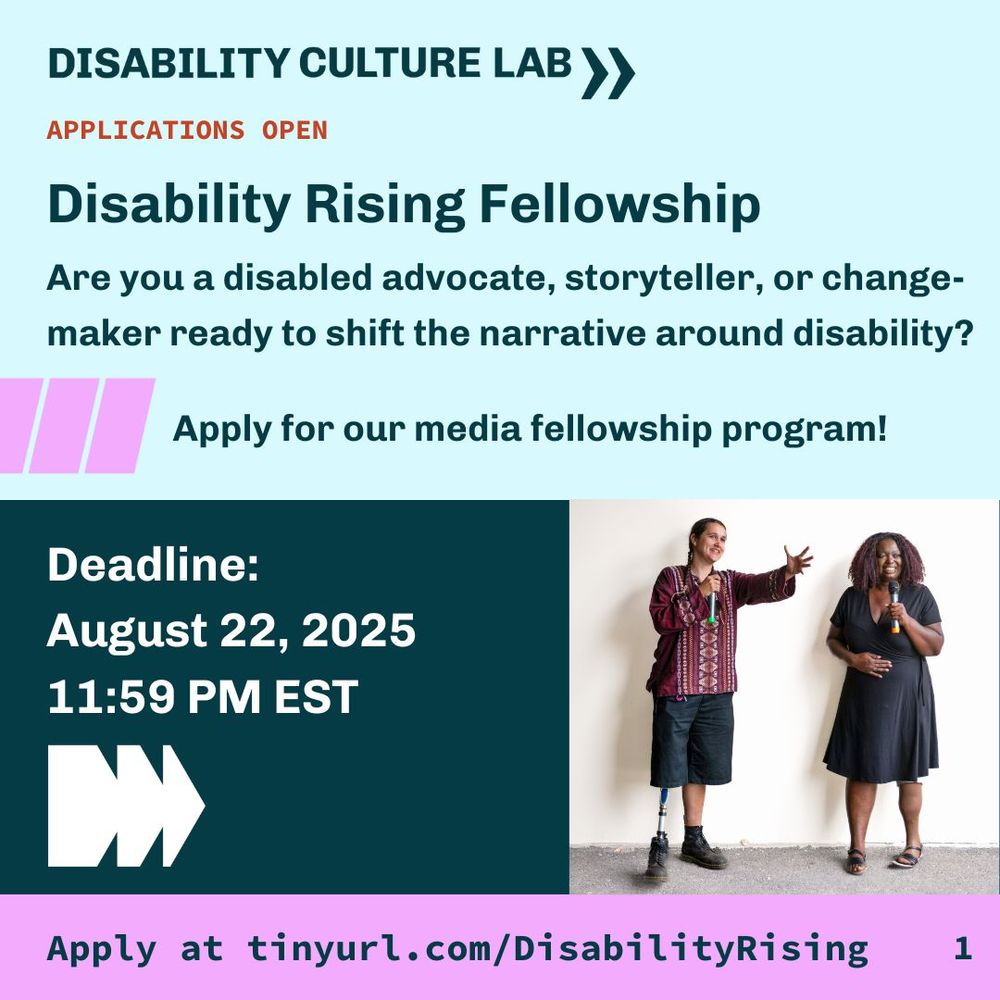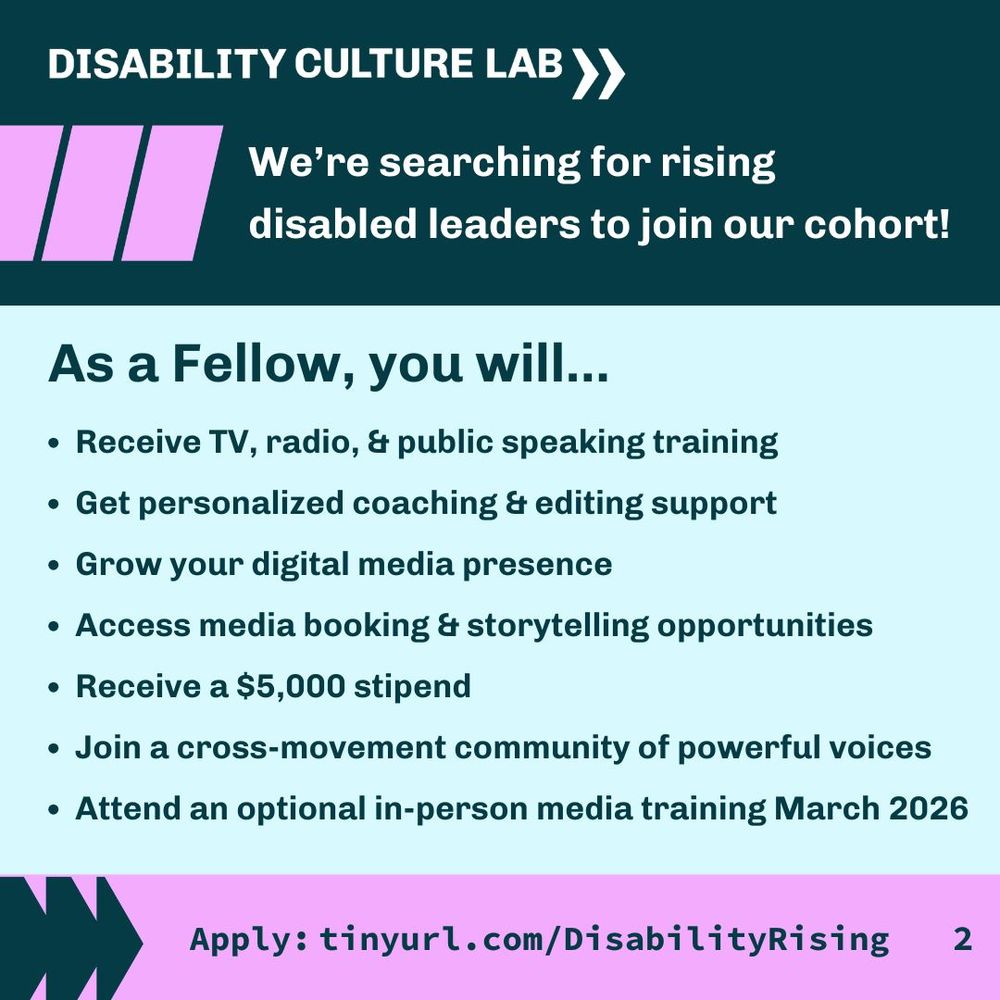
Disability & Philanthropy Forum
@disphilanthropy.bsky.social
640 followers
75 following
110 posts
The Disability & Philanthropy Forum is mobilizing philanthropy toward disability justice, rights, and inclusion.
https://linktr.ee/disabilityphilanthropy
Posts
Media
Videos
Starter Packs
Building on the Disability Justice principle of Collective Access, we are hosting an interactive members-only workshop on September 10, 1:00 PM ET, in collaboration with the Disability & Philanthropy Forum.
secure.everyaction.com/bFyd8LDiSEqZ...
secure.everyaction.com/bFyd8LDiSEqZ...

Reposted by Disability & Philanthropy Forum
Reposted by Disability & Philanthropy Forum

























